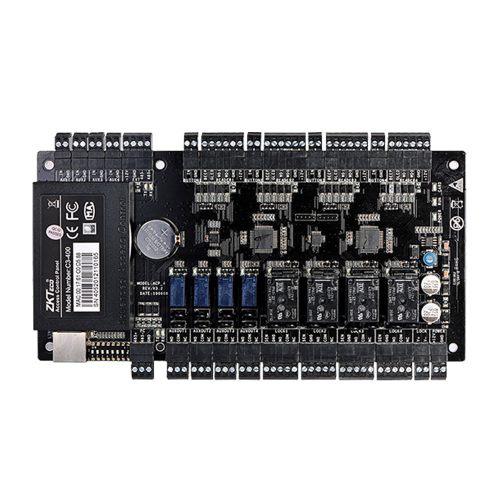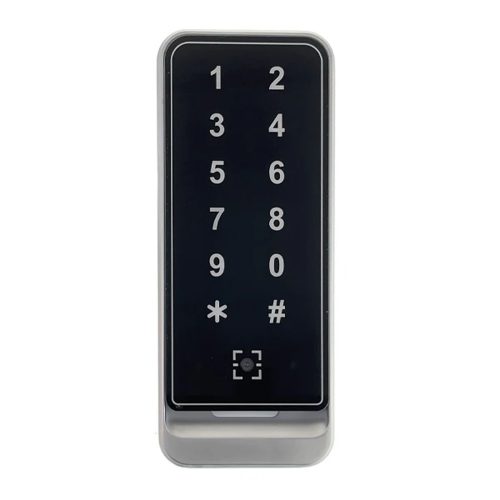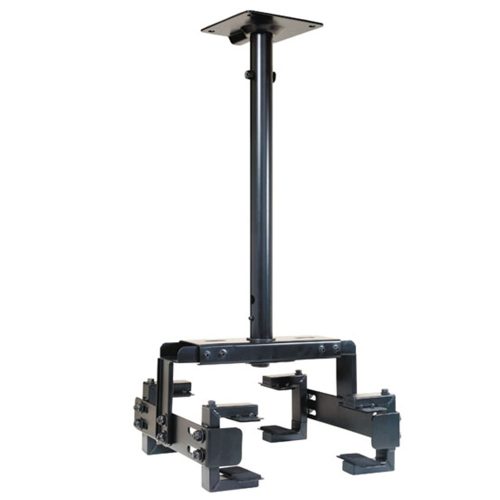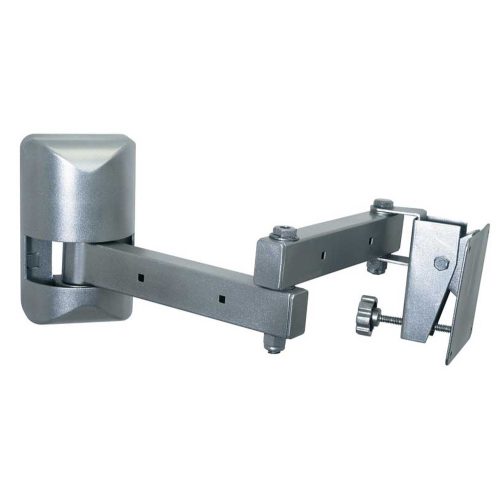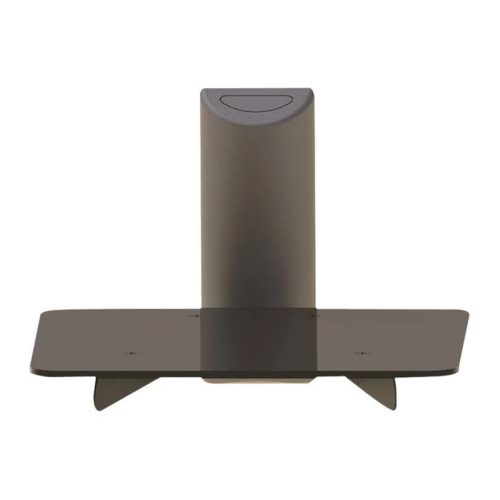The Ultimate Guide: Pros and Cons of Using Wire Nuts vs Terminal Blocks
Wire nuts and terminal blocks are both commonly used to connect wires in an electrical system. But which is the better option? In this in-depth guide, we’ll explore the pros and cons of using wire nuts versus terminal blocks, providing you with the insight needed to make an informed decision.
Introduction to Wire Nuts and Terminal Blocks
Before we dive into the advantages and disadvantages, let’s first define what wire nuts and terminal blocks are.
Wire Nuts: What Are They?
Wire nuts, also known as twist-on wire connectors, are small devices used to fasten two or more low-voltage electrical conductors. They’re typically made from plastic and metal. The plastic shell insulates the connection, while the metal coil secures the wires together.
Terminal Blocks: The Basics
Terminal blocks, or terminal strips, are modular blocks with insulated frames that secure two or more wires together. They have a robust design that enables secure connections, often used in control, automation, and power distribution applications.
Pros and Cons of Using Wire Nuts vs Terminal Blocks
Having a basic understanding of these devices, it’s time to weigh the pros and cons of using wire nuts versus terminal blocks.
The Advantages of Wire Nuts
Wire nuts are simple, cost-effective, and easily accessible. They are best suited for quick, small-scale electrical work where a few wires need to be connected.
- Cost and Availability: Wire nuts are relatively inexpensive and are widely available at most hardware stores.
- Ease of Use: Their simplicity makes them easy to use even for those who are not electrically inclined.
- Quick Installation: It takes just a twist to install a wire nut, making it a quick solution for wire connections.
The Disadvantages of Wire Nuts
While wire nuts are handy, they also come with their own set of drawbacks.
- Not Suited for Large-Scale Connections: Wire nuts are not ideal for larger-scale operations that involve many wires.
- Potential for Poor Connection: If not installed correctly, wire nuts can lead to loose connections and electrical issues down the line.
- Risk of Overheating: In certain cases, poor connection can lead to overheating, causing a potential fire hazard.
The Advantages of Terminal Blocks
Terminal blocks are robust and provide reliable connections. They are best suited for large-scale electrical operations and complex circuitry.
- Stability and Durability: Terminal blocks provide a stable and durable connection, reducing the risk of loose wires.
- Ease of Maintenance: With their organized structure, maintaining and troubleshooting terminal blocks is straightforward.
- Great for Large-Scale Applications: They are ideal for situations where multiple wires need to be connected and organized.
The Disadvantages of Terminal Blocks
Terminal blocks are not without their flaws, though.
- Cost: They are more expensive than wire nuts, which could be a drawback for some.
- Installation Time: They take longer to install than wire nuts, as each wire must be secured individually.
- Space Requirement: Terminal blocks require more space compared to wire nuts, which might be a challenge in tight spaces.
Application Areas: Wire Nuts vs Terminal Blocks
Now that we’ve discussed the pros and cons, it’s time to look at where these devices shine in practical applications.
Where are Wire Nuts Typically Used?
Wire nuts are often employed in residential settings and DIY projects due to their simplicity and cost-effectiveness. They’re typically used in light fixtures, outlets, and switch boxes.
Where are Terminal Blocks Typically Used?
Terminal blocks are commonly used in commercial and industrial settings where they handle complex circuits and larger-scale connections. They’re used in control panels, power distribution boxes, and automation systems.
The Verdict: Wire Nuts vs Terminal Blocks
So, which one is right for you? It depends on the specific requirements of your project. If you’re dealing with a small-scale project with a few wires, wire nuts might be the best option. For larger projects that require robust and organized wiring, terminal blocks would be the better choice.
Frequently Asked Questions (FAQs)
1. Can I use wire nuts and terminal blocks interchangeably?
Generally, wire nuts and terminal blocks aren’t used interchangeably. Wire nuts are best for small-scale, simple connections while terminal blocks are suitable for complex, large-scale operations.
2. Are wire nuts safe to use?
Yes, wire nuts are safe to use if installed correctly. However, poor installation can lead to loose connections, which may result in overheating and potentially, a fire hazard.
3. Can terminal blocks handle high voltage?
Yes, terminal blocks can handle a high voltage. They are designed to provide secure connections in industrial applications where high voltage is often involved.
4. What is the lifespan of wire nuts and terminal blocks?
Both wire nuts and terminal blocks have long lifespans if installed correctly and not subjected to extreme conditions. However, regular checks and maintenance are recommended to ensure safety.
5. Which is more cost-effective: wire nuts or terminal blocks?
Wire nuts are generally more cost-effective than terminal blocks due to their simplicity and widely available nature.
6. Can I install terminal blocks myself?
While it’s possible to install terminal blocks yourself, due to their complexity, it’s often recommended to hire a professional for the installation to ensure safety and proper functioning.
Conclusion
Both wire nuts and terminal blocks have their unique advantages and disadvantages. The right choice will ultimately depend on your specific application and requirements. Whether it’s a simple DIY project or a complex industrial operation, understanding the pros and cons of using wire nuts versus terminal blocks will help you make the best decision.

